Finance Minister Mehmet Şimşek expressed optimism about Türkiye’s prospects but emphasized the need for patience and trust in the shift in economic policymaking, as he cautioned that the path ahead remained challenging.
Since President Recep Tayyip Erdoğan won reelection in May, his economy team of respected technocrats reversed the yearslong easing cycle and aggressively hiked interest rates to cool inflation, rebuild foreign currency reserves and curb the chronic current account deficit.
Erdoğan has publicly expressed his backing for the policy shift that has seen the county’s central bank triple its benchmark one-week repo rate to 30%, including two sizable hikes in August and September.
The bank has vowed readiness to raise rates further if needed to rein in inflation, which shot back to nearly 60% in August.
Şimşek, a respected veteran policymaker, said Erdoğan had thrown his “support and commitment” behind the policy overhaul, stressing that the government was seeking to “rebalance the economy and soften domestic demand.”
“We’re on the right track. There is strong evidence confidence is returning. But we need to be patient, it’s still challenging,” Şimşek told an interview with the Financial Times published on Wednesday.
“We have already taken dramatic measures,” he said.
The minister emphasized the importance of boosting exports and investment while reducing reliance on consumer spending, which had contributed to inflation.
Inflation is expected to rise further toward the end of the year, and the government sees it ending at 65%. It expects it to enter a downward trend as of the first half of 2024.
Şimşek said inflation remains in a “transitional phase” until the middle of next year. He highlighted already tight financial conditions due to not only the central bank policy rate but other measures taken to tighten policy.
Şimşek underscored the importance of trust in resetting inflation expectations and stressed various measures such as curbing lending to consumers and businesses and raising taxes.
Türkiye also aims to gradually unwind a $123 billion (TL 3.36 trillion) savings scheme that sought to protect Turkish lira deposits from depreciation against foreign currencies, the minister noted.
Known as KKM, the scheme was unveiled in late 2021 to prop up the lira amid a steep depreciation and discourage demand for hard currencies.
The measures since June have already yielded positive signs of progress, including an increase in foreign currency reserves, reduced costs for protecting against Turkish debt default, and companies regaining access to international bond markets.
Şimşek last week said the country had secured $10.4 billion in external financing since June. Out of this, the banking sector secured over $6.7 billion, the real sector attracted $3.26 billion and the non-banking financial sector accounted for $367 million.
“As we make progress, the ability of companies and banks to tap international capital markets will improve – and that is key. Once we’re there, our job will be easier,” Şimşek told the FT.
Furthermore, Şimşek discussed the importance of fostering constructive relations with Western countries and Gulf states to boost the economy. Türkiye and the United Arab Emirates (UAE) signed $50 billion in investment and financing agreements in July.
He expressed the Finance Ministry’s willingness to cooperate with the European Union on upgrading the customs union, visa liberalization, and collaboration in security, migration and energy matters.


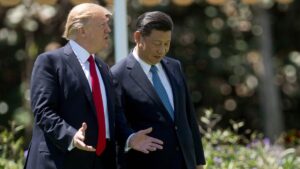
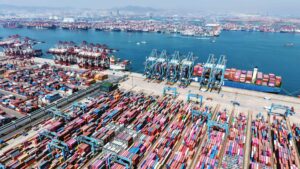
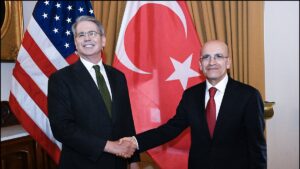
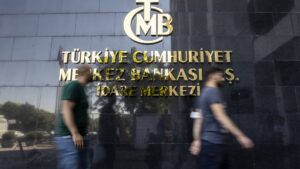


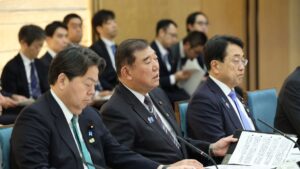










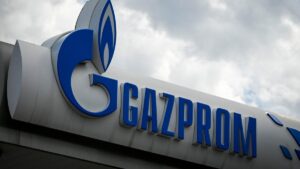









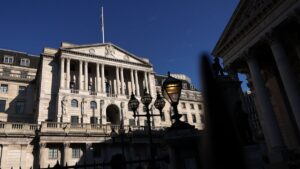
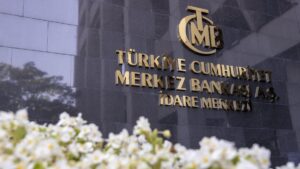








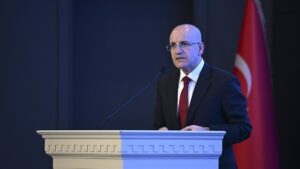

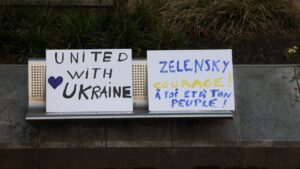





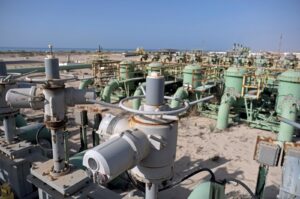
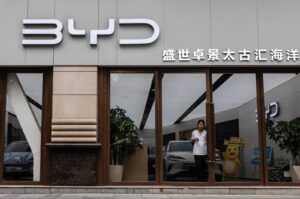
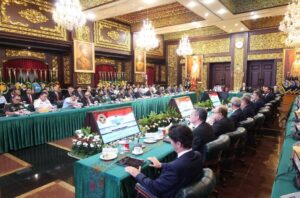


Be First to Comment